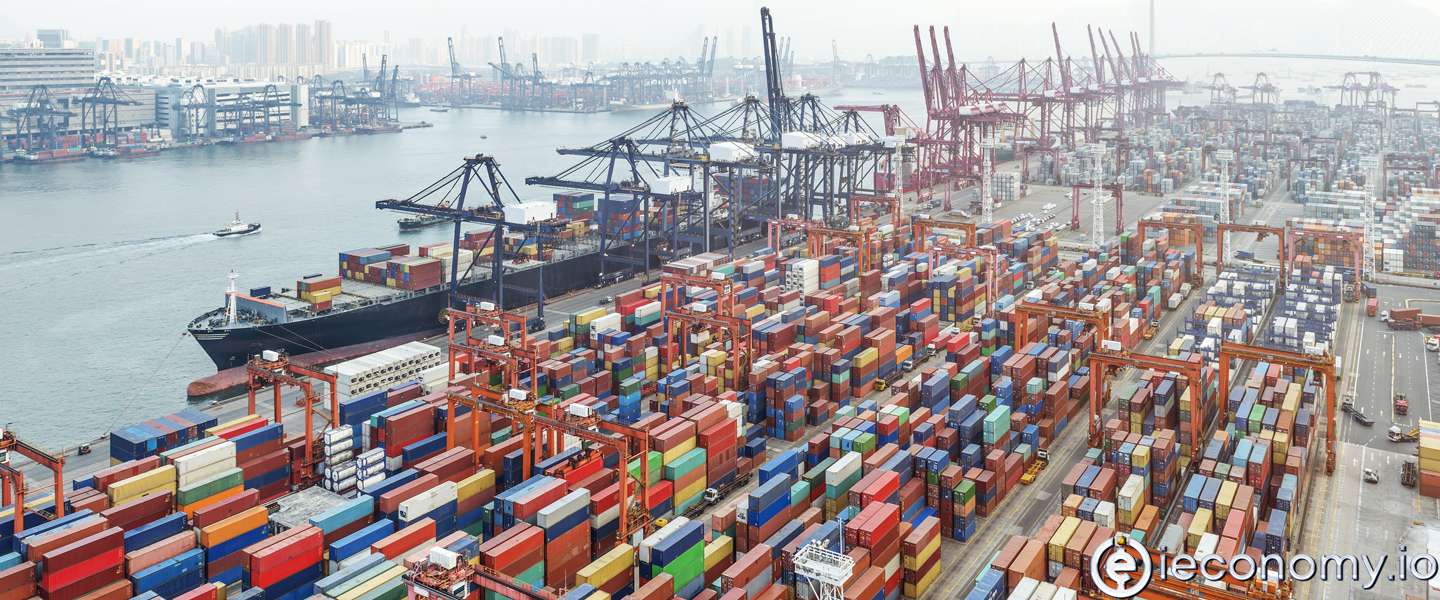9763
0
The World Bank has significantly improved its forecast
The World Bank has significantly improved its forecast for this year's world economy, with the strongest growth in the last 50 years.

Yazar: Tom Roberts
Yayınlanma: 10 Haziran 2021 10:58
Güncellenme: 3 Mart 2026 09:49
The World Bank has significantly improved its forecast
The World Bank has significantly improved its forecast for this year's world economy, with the strongest growth in the last 50 years. Vaccination programs and massive government incentives in rich countries should contribute to growth. The World Bank reported in its latest report on global economic prospects, Global Economic Prospects, that it expects growth of 5.6 percent in 2021 after last year's decline of 3.5 percent, when a new coronavirus pandemic forced governments to cut economic activity, the AP reported. The new forecast represents a significant improvement compared to the January estimate of 4.1 percent. If the World Bank's new estimate is met, it will be the strongest growth in the global economy since 1973, at 6.6 percent. At the same time, it will be the most significant growth since the recession in the last 80 years. Growth should be driven mainly by large and industrialized economies, the World Bank added. At the same time, however, it noted that many emerging markets continue to struggle with the new coronavirus pandemic and its consequences. "Although there are positive signs of recovery in the world economy, the pandemic continues to push people into poverty and inequality in emerging economies," said World Bank President David Malpass. In this context, he called for faster distribution of vaccines to poorer countries, which lag far behind in vaccinating the population. The World Bank expects the US economy to grow by 6.8 percent this year after last year's decline of 3.5 percent. In January, it expected growth of only 3.5 percent. However, the rapid pace of population vaccination, coupled with low interest rates and massive government programs to support the economy, has contributed to a faster recovery than the bank had originally expected. According to the bank, the Chinese economy should grow by 8.5 percent this year. In 2020, China's gross domestic product increased by only 2.3 percent. Although China was the only major economy to grow year-over-year in the pandemic year last year, the rate of over 2 percent was too low for the world's second-largest economy. As for the eurozone, the World Bank expects economic growth of 4.2 percent this year. Last year, the economy of the monetary bloc fell by 6.6 percent.İLGİLİ HABERLER





European stocks soared and focus shifted to German retail sales after Powell's speech!

Forex Signal For TRY/USD: Inflation Slowdown in November.

Forex Signal For GBP/USD: Bullish Trend Still Not Breaking While Recovery Continues.

Forex Signal For EUR/USD: Starry US Data Points to Higher Fed Increases.

Forex Signal For BTC/USD: Downside Continues as Bitcoin Recovery Moves Less.
En Popüler Haberler
Yorum Yap
Yorumlar
Henüz yorum yapan yok! İlk yorumu siz yapın...